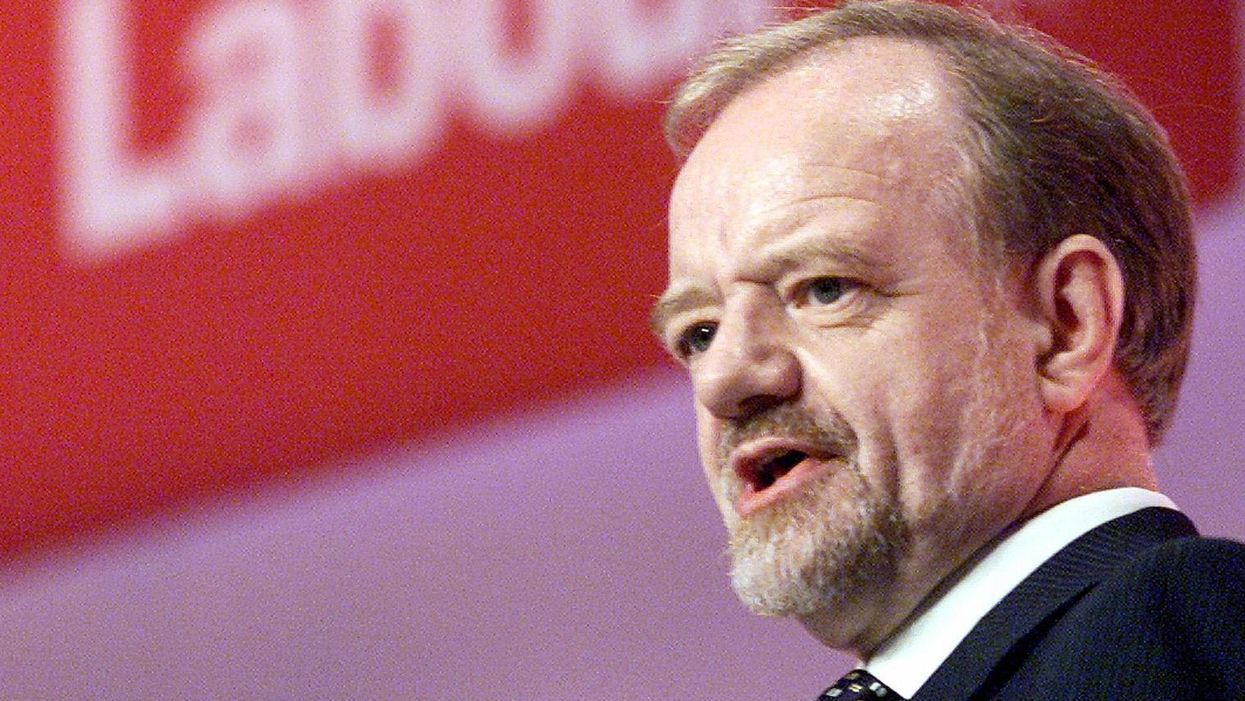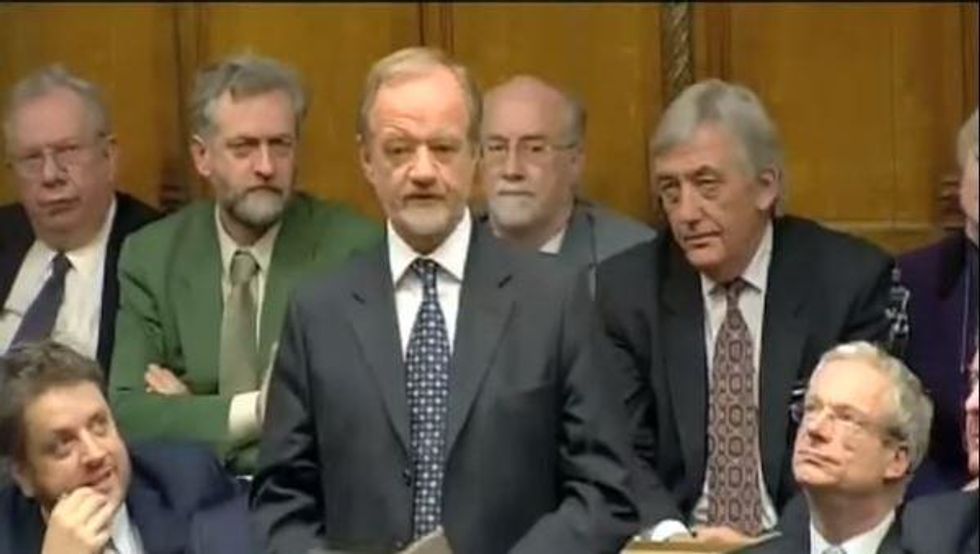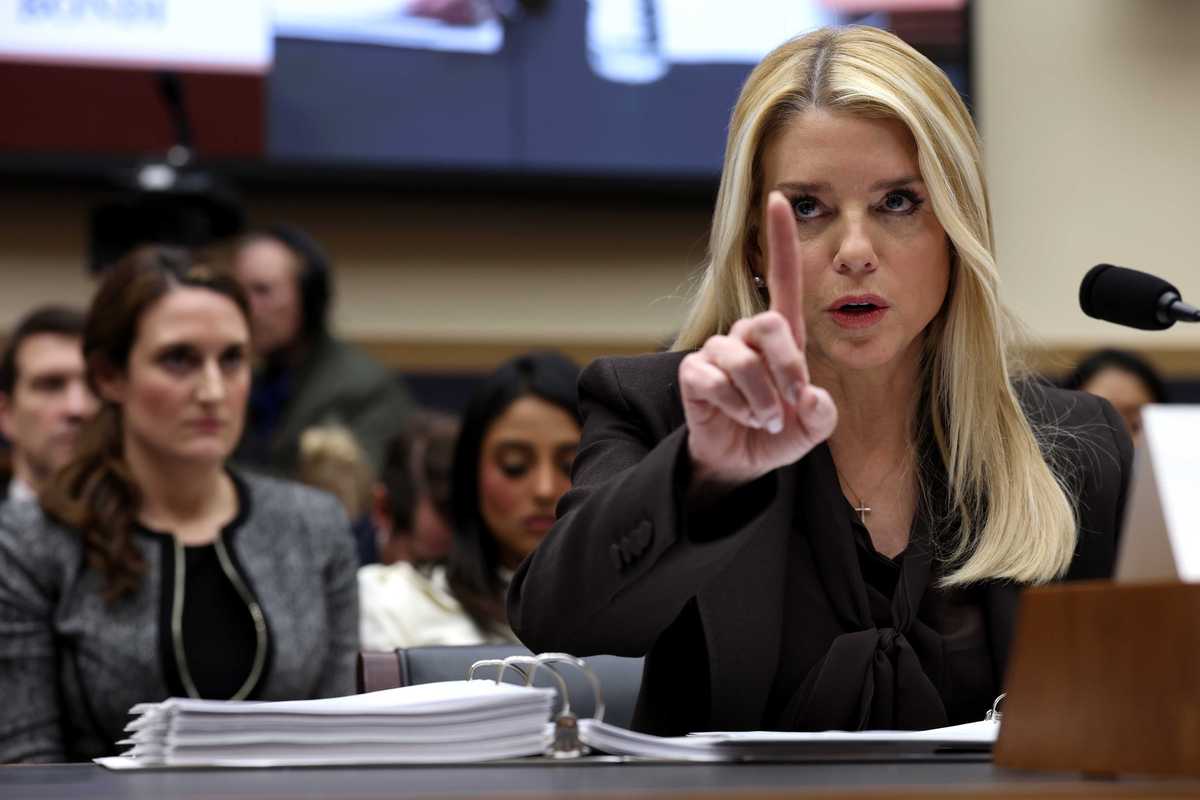News
Joseph Vesey-Byrne
Jul 06, 2016

Picture: Gerry Penny/Getty
In 2003 Robin Cook was prime minister Tony's Blair first foreign secretary and was the first member of the government to resign over the Iraq War. His speech has been remembered by many on the day of the Chilcot report's release.
Cook had attempted to pursue an "ethical foreign policy" at the Foreign and Commonwealth Office. After the 2001 general election he was demoted to leader of the House of Commons and lord president of the council.
It was from these positions that Cook resigned on March 17th 2003. Cook announced in the morning and made a personal statement to the House of Commons. His speech followed one made by his replacement as foreign secretary Jack Straw.
Video: Coljax Parliament/YouTubeHere are the key moments from Cook's speech, which while avoiding a personal attack on Blair or his leadership, questioned the reasoning for war in Iraq.
Cook opened by explaining his resignation.
I cannot support a war without international agreement or domestic support.
He went on to criticise the government for preceding with the war, despite failing to win a second resolution from the UN Security Council.
Cook also disregarded comparisons of Iraq to the successful military intervention in Kosovo, which he argued did indeed have international backing, unlike Iraq.
He went on to state that because the public was unconvinced by the arguments for war it was not the right step.
None of us can predict the death toll of civilians from the forthcoming bombardment of Iraq, but the US warning of a bombing campaign that will 'shock and awe' makes it likely that casualties will be numbered at least in the thousands.
He went on to distinguish his stance as anti-war not anti-soldier.
I hope that Saddam, even now, will quit Baghdad and avert war, but it is false to argue that only those who support war support our troops.
He also alluded to the double think required to understand Blair's argument:
We cannot base our military strategy on the assumption that Saddam is weak and at the same time justify pre-emptive action on the claim that he is a threat.
Cook concluded the speech with his resignation and intention to vote against the government motion:
I intend to join those tomorrow night who will vote against military action now. It is for that reason, and for that reason alone, and with a heavy heart, that I resign from the government.
Sat behind Cook, the now leader of the opposition Jeremy Corbyn can be seen nodding in agreement.
The speech was ultimately unsuccessful. The government motion for military action passed 419 to 149. However, of the dissenting votes 139 were Labour MPs, and international development secretary Clare Short resigned in May 2003, citing Cook's speech as one factor in her decision.
The full text of the speech can be read here.
More: What Jeremy Corbyn was doing just before the Iraq War happened
Top 100
The Conversation (0)













